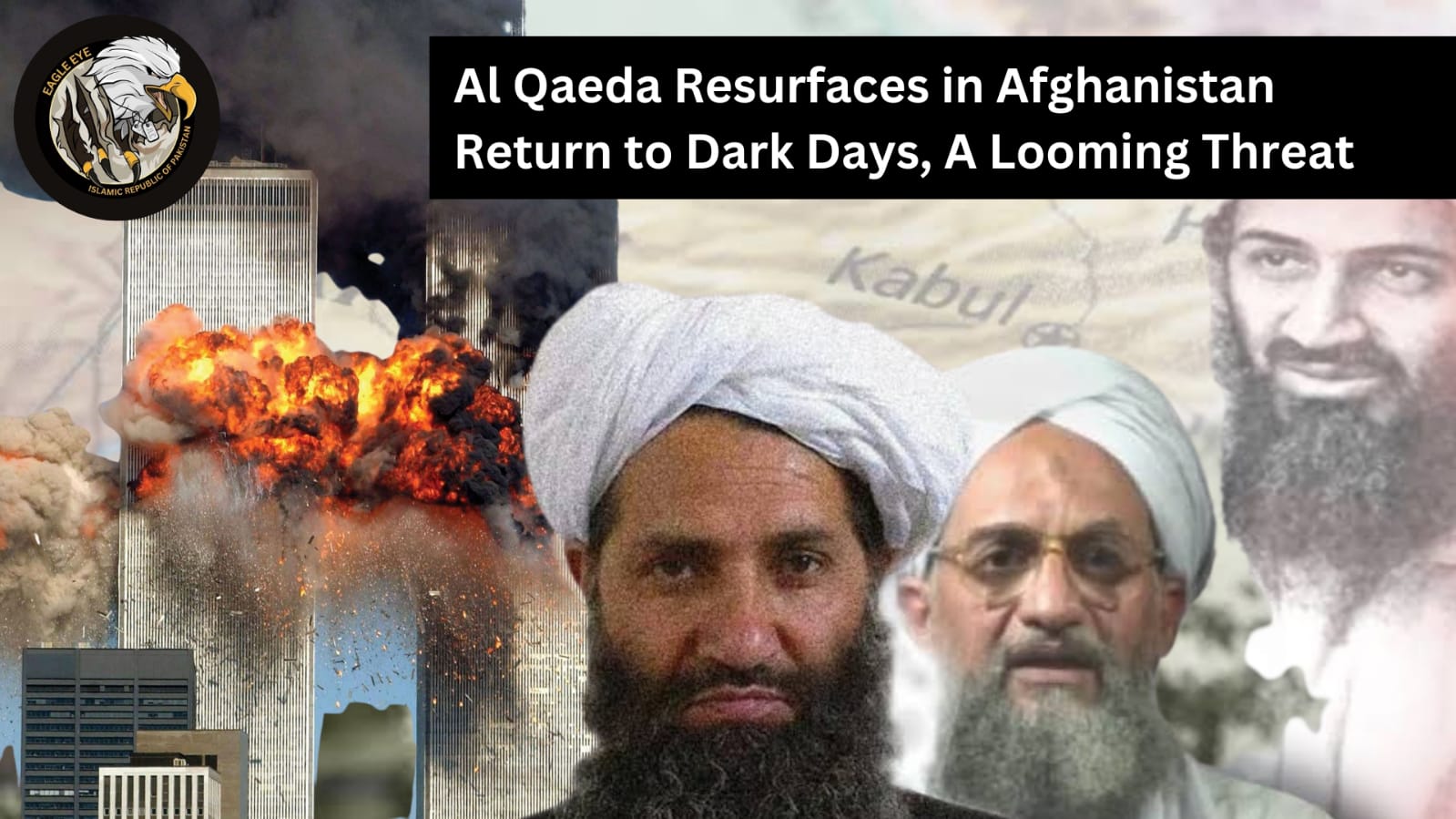Since the emergence of the modern concept of a state, its survival lies in serving state interests comprised of physical survival, economic prosperity, and political sovereignty. Nations valued them through the prize of liberty, freedom, and security. All this further expands and shaped the subjective preferences of states. These fancy words may seem an easy and smooth sail, but history witnessed how this opened another chapter of human sufferings, stories of brutality and complexities in the national and international stage of interactions.
Under these heavy layers of history, Kashmir is not only known for its beautiful wild valleys, snow-capped mountains, the glacier melted rivers, and icy lakes but also known as ground of unjust rule against the will of its inhabitants and warm stage of conflictual interests.
Dating back to the ancient and medieval times, Kashmir was the breeding ground of Hindu-Buddhist syncretism. At the dawn of the 14th century, Islam became the most influential religion and subsequently led the foundation of first Muslim rule by the hands of Shams-ud-deen Shah-Mir as the Shah-Miri dynasty. Sooner things turned sour and Mughals captured the valley by taking advantage of sectarian rifts. Duranis of Afghan origin and then Sikh after fighting two Anglo-Sikh wars took control of the Kashmir and turned it into a Princely state.
Till this time, the British conceived properly, secrete of the richness of this place and possible everlasting geostrategic impacts on the region. So, at the time of partition, the British viceroy of the subcontinent offered kings of princely states the right of acceding either with any of the newly conceived, Pakistan or India. During the time of partition, the people of Kashmir were involved in an organized resistance against oppressive taxation by Maharaja. Under Muslim majority Kashmiri sentiments towards Pakistan and vast economic interests of trade, communication, and other services, Maharaja signed a Stand-still agreement with Pakistan. Meanwhile, riots erupted in Poonch, resulting in Maharaja’s forces massacring its people and burning entire villages. The situation turned bitter when the fire of riots reached Jammu, rebels announced the independent government of Kashmir on October 24th.
Maharaja Hari Singh frightened by these events day to day worsen the situation. He violated the Stand-still agreement with Pakistan and signed the controversial Instrument of Accession with India on 26th October 1947 to get defense, foreign policy stand, and communication assistance. Meanwhile Pakistan immediately contested the accession and marked it as a fraudulent act of Maharaja Hari Singh. Though India gave provisional status to Kashmir through special presidential orders in 1954, Pakistan’s tribesmen and Kashmiri’s themselves never accepted these unjust decisions of interests.
One after another, both Pakistan and India fought three major and countless skirmishes in the name of Kashmir while Kashmir itself faced internal riots and insurgency. The fire of insurgency caught fuel after disputed state elections of 1987 and reversed the democratic developments by the Indian government. By the end of 1989, series of protests, demonstrations, and attacks were started in the response to forced disappearances and direct attacks of Indian forces on civilian Kashmiris on false accusations of standing against the state.
Irregular efforts of local Kashmiris against the forced rule of India entered an 2nd wave of insurgency for getting their right of self-determination by 2016. Young blood gave a more energetic and powerful push to Kashmir independence cause. They not only unveiled the brutal face of India of using lethal weapons to handle protestors but also lime lighted the way India is violating basic human rights in the valley.
The way Indian rulers handled the 2nd wave of the Kashmir movement to get their rights jolted the internal security situation of India. Damage made by the first instrument of accession of 1947 and the then-presidential order of 1954 was not that intense as far as the abolition of article 370 is a concerned. Modi’s government for the first time came with a clear stance of Akhand Bharat with lessor rights of other minorities. By the abolition of article 370, India not only violated article 7 of its signed Instrument of accession but also suppressed the voices of Kashmir by imposing a complete lockdown.
In name of state survival and interests, India is violating national and international laws, aiming to establish their writ more coercively. But they forget, the social contract between the state and its subordinates is signed on the bases of natural rights covering life, liberty, and property. By sabotaging these natural rights of Kashmiris India will never fulfill its utmost interests of physical survival easily.
Author: Mamoona Batool Zaidi
About Author: Mamoona Batool Zaidi is freelance writer. Her interests comprised all about Pakistan, geostrategy and security.
Note: The views expressed in this article are the author’s own and do not necessarily reflect the editorial policy of Pakistan Strategic Forum.
#TeamPakistanStrategicForum






